When it comes to investing, the common terminology says that you're investing in "the markets" or Wall Street. But what do these terms mean, and how are markets defined?
Simply put, financial markets are where traders and investors buy and sell assets. Markets can be used as a way for businesses to reduce risk and raise capital. Through markets, investors can buy into these companies in a way that hopefully makes money. The benefits of financial markets in a capitalist economy are numerous, from bringing confidence to the economy and helping to fund entrepreneurial ventures to providing liquidity to businesses.1,2
Several types of financial markets can be invested in, including but not limited to stocks, bonds, derivatives, and commodities.
The Stock Market
The stock market is a financial market where companies can go to raise capital to expand. Investors can buy the shares of a company—called stocks—through a broker-dealer. Stocks may be traded on listed exchanges, such as the New York Stock Exchange (NYSE) or the National Association of Securities Dealers Automated Quotations (Nasdaq) stock market. Indexes such as the Standard and Poor's 500 (S&P 500) Index and the Dow Jones tracks the averages of a group of companies that are publicly traded.1,2
Mutual funds and ETFs (as well as some other types of investments) allow you to buy a bunch of stocks at once without having to pick them out individually. You may have seen mutual funds as an option for investing in your 401(k), for example.1,2
The Bond Market
Bonds are used when companies need to raise a large amount of money. Unlike stocks, bonds are a security in which an investor loans money for a defined period at a preestablished interest rate. Furthermore, unlike stocks, in which there is no guarantee of financial gain, bonds are more like a loan agreement. The bond market sells securities, such as notes and bills issued by the United States Treasury.1,2
Derivatives
Derivatives entail a more complicated financial market. Essentially, a derivative is a contract between two or more parties whose value is based on an agreed-upon underlying financial asset (e.g., a security) or set of assets (e.g., an index). Derivatives are secondary securities whose value is solely derived from the value of the primary security that they are linked to. In and of itself, a derivative is worthless. Rather than trading stocks directly, a derivatives market trades futures and options contracts, as well as other advanced financial products, which only have as much value as the primary security.1,2
The Commodities Market
Commodities markets involve physical goods that are bought, sold, and traded. These are also considered alternative assets. Whereas stocks and bonds are more akin to financial contracts, commodities markets deal in physical goods. There are four main types of commodities markets: energy, metals, agricultural products, and livestock.1,2
The Crypto Market
The previous markets covered have existed for decades. A new market that has only been around for a little over a single decade is the cryptocurrency, or digital asset, market. You may have heard of Bitcoin or Ethereum, the top two cryptocurrencies. This new market involves a variety of digital assets, from cryptocurrencies that are designed to be a replacement or alternative to traditional fiat currency, a token to represent some other asset, or a new way to interact with and transact with traditional financial markets.
Many consider crypto to be the future of the financial system as well as many other things we interact with today. Digital assets and cryptocurrencies are very new, can be purchased and transacted with in a variety of ways, and can appear to be a very complex system today. Fortunately, Escient Financial is among the few financial planners and advisors that provides clients with education, guidance, advice, and even training on using cryptocurrencies and digital assets.
When it comes to investing, there are many options to choose from, and having at least a few of these types of investments in your investment portfolio can help increase portfolio diversification and reduce the risk of your investments. While working closely with a financial advisor can help you decide which investments are right for you, it's also important to understand the basic concepts of your investments. Don't be afraid to ask your financial advisor about your investments. An intelligent investor is worth their weight in gold. For more guidance and investment advice...
This content is developed from sources believed to be providing accurate information. The information in this material is not intended as investment, tax, or legal advice. It may not be used for the purpose of avoiding any federal tax penalties. Please consult legal or tax professionals for specific information regarding your individual situation. The opinions expressed and material provided are for general information, and should not be considered a solicitation for the purchase or sale of any security. Digital assets and cryptocurrencies are highly volatile and could present an increased risk to an investors portfolio. The future of digital assets and cryptocurrencies is uncertain and highly speculative and should be considered only by investors willing and able to take on the risk and potentially endure substantial loss. Nothing in this content is to be considered advice to purchase or invest in digital assets or cryptocurrencies.
Enjoying Escient Financial’s Insights?
The weekly newsletter is usually delivered to your email inbox Friday or Saturday, and includes:
- the latest Escient Financial Insights articles
- a brief of the week's important news regarding the markets
- recommended third-party reads
- selected Picture of the Week
Escient Financial does NOT sell subscriber information. Your name, email address, and phone number will be kept private.
















